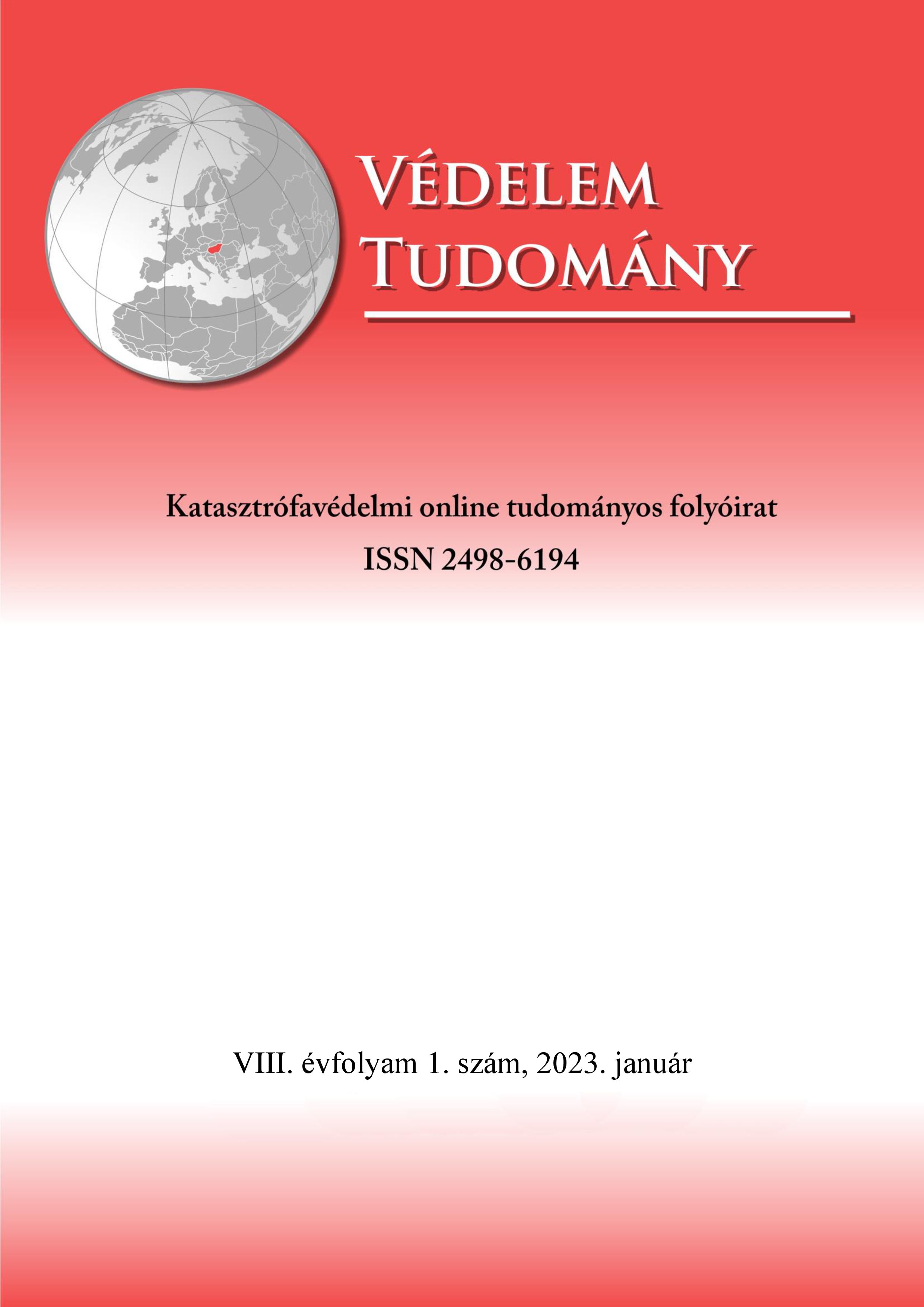New possibilities of fire detection
Abstract
In this paper I explore new machine learning-based methods for detecting fires and technical rescues using visual information. My goal was to use artificial intelligence methods to extract information from street camera images that only humans could do before. This information was then used for fire protection purposes, i.e. automatic detection of damage. In my research, I used images downloaded from the internet to train a model to recognise fires and traffic accidents. I implemented the model in Python using the Pytorch framework. The model I created has become robust enough to automatically detect events with high confidence that require firefighter intervention.
References
https://hu.wikipedia.org/wiki/Big_data
https://towardsdatascience.com/a-comprehensive-guide-to-convolutional-neuralnetworks-
the-eli5-way-3bd2b1164a53
https://www.kdnuggets.com/2016/11/intuitive-explanation-convolutional-neuralnetworks.
html/3
Shankar, V., Roelofs, R., Mania, H., Fang, A., Recht, B. & Schmidt, L.. (2020). Evaluating Machine Accuracy on ImageNet. Proceedings of the 37th International Conference on Machine Learning , in Proceedings of Machine Learning Research 119:8634-8644
K. He, X. Zhang, S. Ren and J. Sun, "Deep Residual Learning for Image Recognition," in CVPR, 2016.
Rosenblatt, F. (1958). The perceptron: A probabilistic model for information storage and organization in the brain. Psychological Review, 65(6), 386–408. https://doi.org/10.1037/h0042519
Yosinski J, Clune J, Bengio Y, Lipson H. How transferable are features in deep neural networks? In: Advances in neural information processing systems, vol 27; 2014.
https://github.com/fastai/fastai
https://hu.wikipedia.org/wiki/Internetprotokoll
Selvaraju, R. R., Cogswell, M., Das, A., Vedantam, R., Parikh, D. & Batra, D. (2017).
Grad-CAM: Visual Explanations from Deep Networks via Gradient-Based Localization.. ICCV (p./pp. 618-626), : IEEE Computer Society. ISBN: 978-1-5386-1032-9
Ren, S., He, K., Girshick, R. B. & Sun, J. (2015). Faster R-CNN: Towards Real-Time Object Detection with Region Proposal Networks.. In C. Cortes, N. D. Lawrence, D. D. Lee, M. Sugiyama & R. Garnett (eds.), NIPS (p./pp. 91-99),
ÁBRAJEGYZÉK
ábra Tűztorony modell Forrás: készítette a szerző
ábra Konvolúciós neurális hálózat
Forrás: https://towardsdatascience.com/a-comprehensive-guide-to-convolutional-neuralnetworks-
the-eli5-way-3bd2b1164a53
ábra Konvolúciós neurális hálózat rétegeinek vizualizációja
Forrás: https://www.kdnuggets.com/2016/11/intuitive-explanation-convolutional-neuralnetworks.
html/3
ábra ResNet34
Forrás: K. He, X. Zhang, S. Ren, and J. Sun. Deep residual learning for image recognition.
In Proceedings of the IEEE conferenceon computer vision and pattern recognition, pages
–778, 2016
ábra Perceptron modell
Forrás: https://jameskle.com/writes/neural-networks-101
ábra Lineáris szeparáció
Forrás: készítette a szerző
ábra Néhány kép az ImageNet tanítóhalmazból
Forrás: https://cs.stanford.edu/people/karpathy/cnnembed/
ábra Néhány kép az általam gyűjtött tanítóhalmazból
Forrás: DuckDuckGo.com
ábra ResNet-50 confusion mátrixa
Forrás: készítette a szerző
ábra Ipari forradalmak
Forrás: https://digitalizationindustry.com/hu/2017/07/26/a-negyedik-ipari-forradalom/
ábra Valószínűségek értelmezése
Forrás: Pécsi Hivatásos Tűzoltóság képarchívuma
ábra Valószínűségek értelmezése
Forrás: Goole utcakép
ábra Aktivációs térképek
Forrás: készítette a szerző
ábra R-CNN objetum detektálás
Forrás: https://towardsdatascience.com/faster-rcnn-object-detection-f865e5ed7fc4




